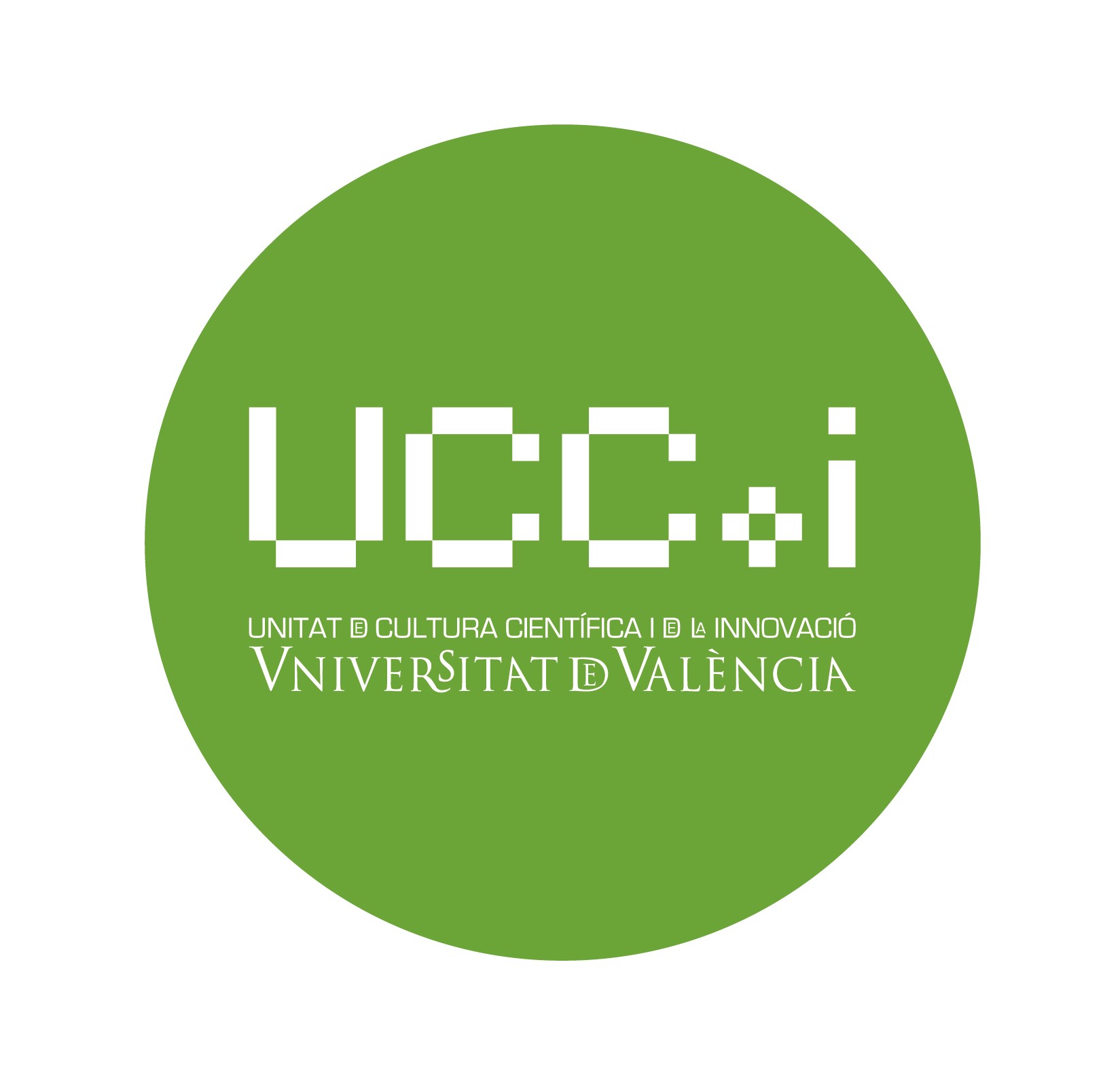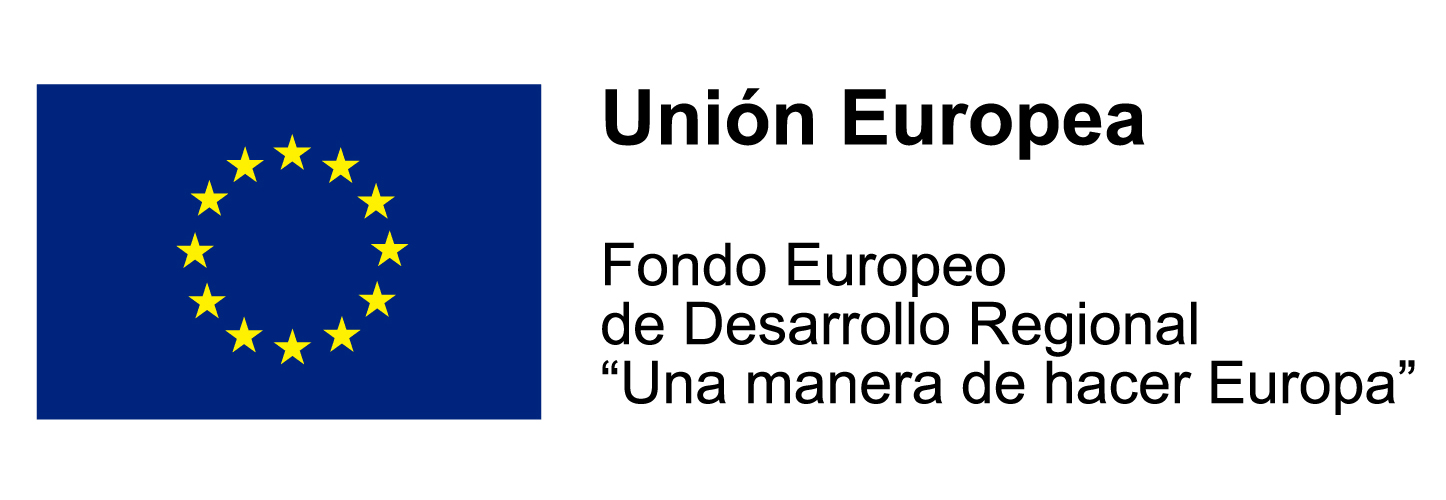This event will be held as an on-site activity. Due to safety precautions it will be limited to 35 persons.
Please register ONLY if you attend physically. Streaming link below.
The talk is in spanish
(spanish below)
<NO-ON>: Non Normalities. Mutations, networks and politics of decolonization.
Link YOUTUBE (playlist of the Laser Talks):
https://youtube.com/playlist?list=PLauu_56p4GhGkgIrD2n9DP82TA9Sz-wKH
11:30 / Introduction
12:00-13:30 / Panel 1: Archeology, Science or Fiction. Time to interpret and re-understand science.
Streaming Panel 1: https://www.youtube.com/watch?v=Ub53tk0A6Yc
15:00-16:00 / Panel 2: Interdisciplinary tools and resources. Caring to the network, to the knowledge and to the media.
Streaming Panel 2: https://youtu.be/tYcmU8jrgZc
16:30-17:30 / Panel 3: Quantum Technologies, Artificial Intelligence & Massive Data. Terrestrial Approaches.
Streaming Panel 3: https://youtu.be/LrUA_ZzEOiY
After a year, things have quite changed since the pre- pandemic ‘normal’ life we had. Social behaviours, social injustice, gender and economical inequalities, and psychological effects of the current situation still have to be studied in the human biosphere. However, vaccines were created in a record time, workers and students have moved to the home office, at least some or those who can, and won’t probably easily go back.
What about the earth biosphere’s mutations? What is normal there, what is a network for Gaia? In his books Gaia: Eight Lectures on the New Climate Regime, Bruno Latour insists on climate mutations, and with his book Critical Zones – The Science and Politics of Landing on Earth, he mentions the new revolution that comes when thinking over what it means to be earthly nowadays. These issues will definitely inform our behaviours in the near post-anthropocentric future, but also how we will integrate them in our political opening to our collective future and our interconnected knowledges and cultures. Moreover, at a time when a rover and that some of us are preparing to land on Mars.
<NO-ON>: No-Normalidades. Mutaciones, redes y política de la descolonización.
Link YOUTUBE (playlist of the Laser Talks):
https://youtube.com/playlist?list=PLauu_56p4GhGkgIrD2n9DP82TA9Sz-wKH
11:30 / Introducción
12:00-13:30 / Panel 1: Arqueologia, ciencia o ficción. El tiempo para re-interpretar y comprender a las ciencias.
Streaming Panel 1: https://www.youtube.com/watch?v=Ub53tk0A6Yc
15:00-16:00 / Panel 2: Herramientas y recursos de la interdisciplinariedad. Los cuidados en las redes de conocimiento y en los medios materiales.
Streaming Panel 2: https://youtu.be/tYcmU8jrgZc
16:30-17:30 / Panel 3: Tecnologias cuánticas, Inteligencia Artificial y Datos Masivos. Aproximaciones terrestres.
Streaming Panel 3: https://youtu.be/LrUA_ZzEOiY
En tan solo un año, nuestra vida ha cambiado dramáticamente desde aquella vida normal pre-pandémica. Los comportamientos sociales, la injusticia social, las desigualdades económicas o de género, los efectos psicológicos de esta etapa aún tienen que ser analizados dentro de la biosfera humana. Sin embargo, las vacunas se han desarrollado en un tiempo record, los trabajadores y estudiantes se han trasladado a su casa-oficina, al menos aquellos que pueden, y no volverán de allí fácilmente.
Pero ¿cuáles son las mutaciones inflingidas en la bioesfera terrestre? ¿Cuál es su normalidad? ¿Cuál es la red en Gaia? En su libro “Facing Gaia: Eight Lectures on the New Climatic Regime”, Bruno Latour insiste sobre las mutaciones climáticas, y con la edición del libro “Critical Zones – The Science and Politics of Landing on Earth” advierte sobre la revolución que aparece al analizar los significados de la actual condición terrestre. Todos estos conflictos definen nuevas rutas para identificar comportamientos e identidades de nuestro futuro post-antropocéntrico, pero también para integrarlas como vías políticas que abran un futuro colectivo definido por conocimientos y culturas interconectadas. Más aún cuando, en paralelo, los rovers y algunos de nosotros se preparan para colonizar Marte.
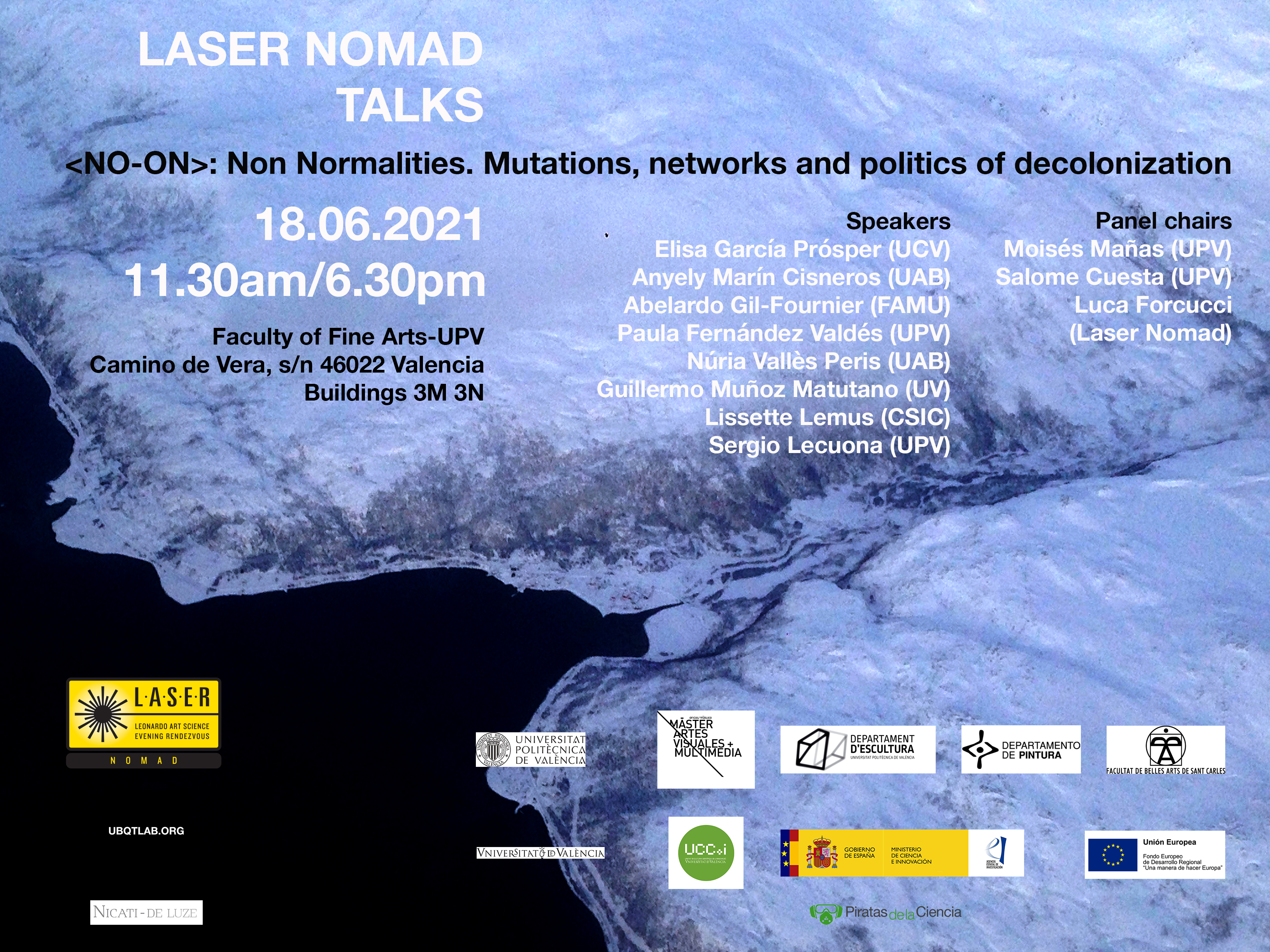
Speakers
Panel 1: Archeology, Science or Fiction. Time to interpret and re-understand science.
Elisa García Prosper (UCV)
Short Bio: Elisa García Prósper, PhD in Archaeology from the University of Valencia (UV), Specialist in Forensic Anthropology from the Complutense University of Madrid (UCM), Associate professor of Criminology at the Catholic University of Valencia (UCV), and director of the research group Grupo Paleolab® (Funerary Archaeology, Paleopathology, Physical and forensic Anthropology).
Theme: Forensic archaeology and anthropology. Two tools for the future.
Archaeology is a science that has traditionally been considered as belonging to the area of knowledge of the humanities. For its part, forensic anthropology derives directly from osteoarchaeology, or explained in another way, from classical physical anthropology, the science in charge of bioanthropologically identifying the skeletons discovered by Archaeology. Both disciplines are inseparable, the information they offer is of great value for history since it allows us to reconstruct the past through its protagonists. For years both disciplines have also been perfectly combined in the field of forensic sciences and human rights, constituting a fundamental tool for the investigation of missing persons and their restitution to society.
Anyely Marín Cisneros (UAB)
Short Bio: Anyely Marín Cisneros combines a commitment to decolonial and black feminist methodologies in pedagogical spaces with her academic research on the relationship between a politics of the body and the historical racial logics of science. She has a master's degree in Critical Theory and Museum Studies, and is currently a student at the UAB History of Science doctoral program, where she teaches in the History, Gender and Medicine seminar. Since 2014 she has co-run the artistic research collective @Criticaldías.
Theme: Deracialise the eye
In this talk race and racism will be situated throughout history as an affective algorithm of difference and indifference, while paying attention to the distinctive set of socio-technical conditions that give rise to 21st century racism. Departing from an introduction to the historical Spanish 'Black Codes', a few tools will be proposed towards the deracialising of the eye in the present.
Abelardo Gil-Fournier (FAMU)
Short Bio: Artist and researcher, he holds a PhD from the Winchester School of Art and is a postdoc
at the School of Film and TV in Prague where he is working with theorist Jussi Parikka on a
book on vegetal archaeology of the contemporary image. His artistic practice approaches
the materiality of media from a wide variety of techniques and formats, and has been
shown at international festivals and exhibitions.
Theme: Excavating the vegetal image. A media archaeological approach
The use of early photographic and moving image techniques in the context of the scientific analysis of plant growth unveils a space of transfers between the living and the animate. This entwining can be observed too in other domains such as agriculture and landscape management. An experimental media archaeological excavation of this transfer, presented as a form of artistic research, brings in additional dimensions to the nuances of this entanglement. Its links to a wider cultural context will be emphasized, including science fiction and speculative design.
Panel 2: Interdisciplinary tools and resources. Caring to the network, to the knowledge and to the media.
Paula Fernández Valdés
Short Bio: Graduate in Conservation and Restoration of Cultural Heritage from the Complutense University of Madrid and Master in Conservation and Restoration of Cultural Heritage (2017-2019) from the Universitat Politècnica de València. She is currently pursuing a PhD in Art: Production and Research with a Predoctoral Grant (FPI-UPV) at the same University and is part of the MICIU I+D+i EShID Project. Her research focuses on the preservation of technological art and copyright.
Theme: Preservation of technological art: the curator as a mediator of collective knowledge
Works of art produced at the art-science intersection are increasingly present in the so-called Art World, both in the private sphere and in public institutions, and have undoubtedly become part of our collective culture and memory. Moreover, the restrictions imposed during the covid-19 pandemic have caused a massive digital transition of the cultural industry, which has been forced to seek new ways for the commercialization and dissemination of artistic production. In this context, the curator must pursue new strategies to ensure, on the one hand, the preservation of technological devices, which are fragile and obsolescent in nature, and, on the other hand, the community's access to its own culture, mediating between the work of art and its collective implications.
Núria Vallès Peris (UAB)
Short Bio: Phd. Sociologist, she is a researcher in the Barcelona Science and Technology Research Group (STS-b) at Universitat Autònoma de Barcelona. Her main research work is focused on the ethical and social controversies in social robotics, from the study of imaginaries and the ethics of care.
Theme: In her presentation she will propose an approach to the robotics of care, based on the alignment between the ethics of care and STS. From this approach, artefacts can be understood as materialised morality, which opens up new controversies in the introduction of these artefacts in the service of good care and good living.
Panel 3: Quantum Technologies, Artificial Intelligence & Massive Data. Terrestrial Approaches.
Lissette Lemus (CSIC)
Short Bio: Lissette Lemus is technology transfer manager at the Artificial Intelligence Research Institute of CSIC and co-director of the ARTIFICIA platform. She is committed to digital transformation from a social and ethical perspective promoting the use of Artificial Intelligence research results to social challenges such as social integration, citizen participation, mental health and the development of more open and collaborative models in areas such as education and creativity. Born in Havana, she has developed her career as a computer engineer in research centers, startups and in her own entrepreneurship projects.
Theme: We are constantly shaping our present and future with a systematic innovation that changes our behaviors' nature. One of the most sophisticated and complex human behaviors is creativity, and we are redefining it by implementing new advances in science and technology, particularly through Artificial Intelligence. In this intervention, we will focus on how AI is configuring creativity. What is augmented creativity, how artists and other collectives use AI to analyze from a critical point of view the social and political powers. Can democracy, participation, civic action be more powerful with AI?
Guillermo Muñoz Matutano (UV)
Short Bio: Senior researcher in the Institute of Materials Science (ICMUV), Universitat de Valencia. PhD in physics, in the field of condensed matter, semiconductor physics and quantum optics. Principal Investigator (PI) of the project “Two-Dimensional Semiconductor Photonic Dots - 2D SPD” funded by the Spanish Ministry of Science and Innovation. Student of the Master's Degree in Philosophy for Contemporary Challenges (Universitat Oberta de Catalunya).
Theme: Decolonizing quantum technologies. Narratives, metaphors and critical thinking from the quantum world.
Quantum physics and quantum technologies are revolutionizing our understanding and our mutual relations in the world/universe. There is an increasing interest in developing key research areas, usually divided into quantum computing, quantum communication, quantum metrology and quantum simulation. However, new possible exploitation of the quantum features arises when including arts and humanities as possible allies. Quantum technologies offers a new paradigm to build new narratives and explore powerful metaphors for critical thinking and empowering our communities.
Sergio Lecuona (UPV)
Short Bio: Artist and PhD fellow from the research group “Laboratorio de Luz” Universitat Politècnica
de València, he is currently investigating the conjunction of data, sound art, music and new
technologies, towards the upcoming ways of sound performance and composition.
Panel Chairs
Moisés Mañas (UPV) Panel 1
Salome Cuesta (UPV) Panel 2
Luca Forcucci (LASER Nomad) Panel 3
Comité de Organización:
Moisés Mañas (UPV), Guillermo Muñoz (UV), Salomé Cuesta (UPV), Luca Forcucci (ubqtlab.org/Laser Nomad)
Organizing Committee:
Moisés Mañas (UPV), Guillermo Muñoz (UV), Salomé Cuesta (UPV), Luca Forcucci (ubqtlab.org/Laser Nomad)
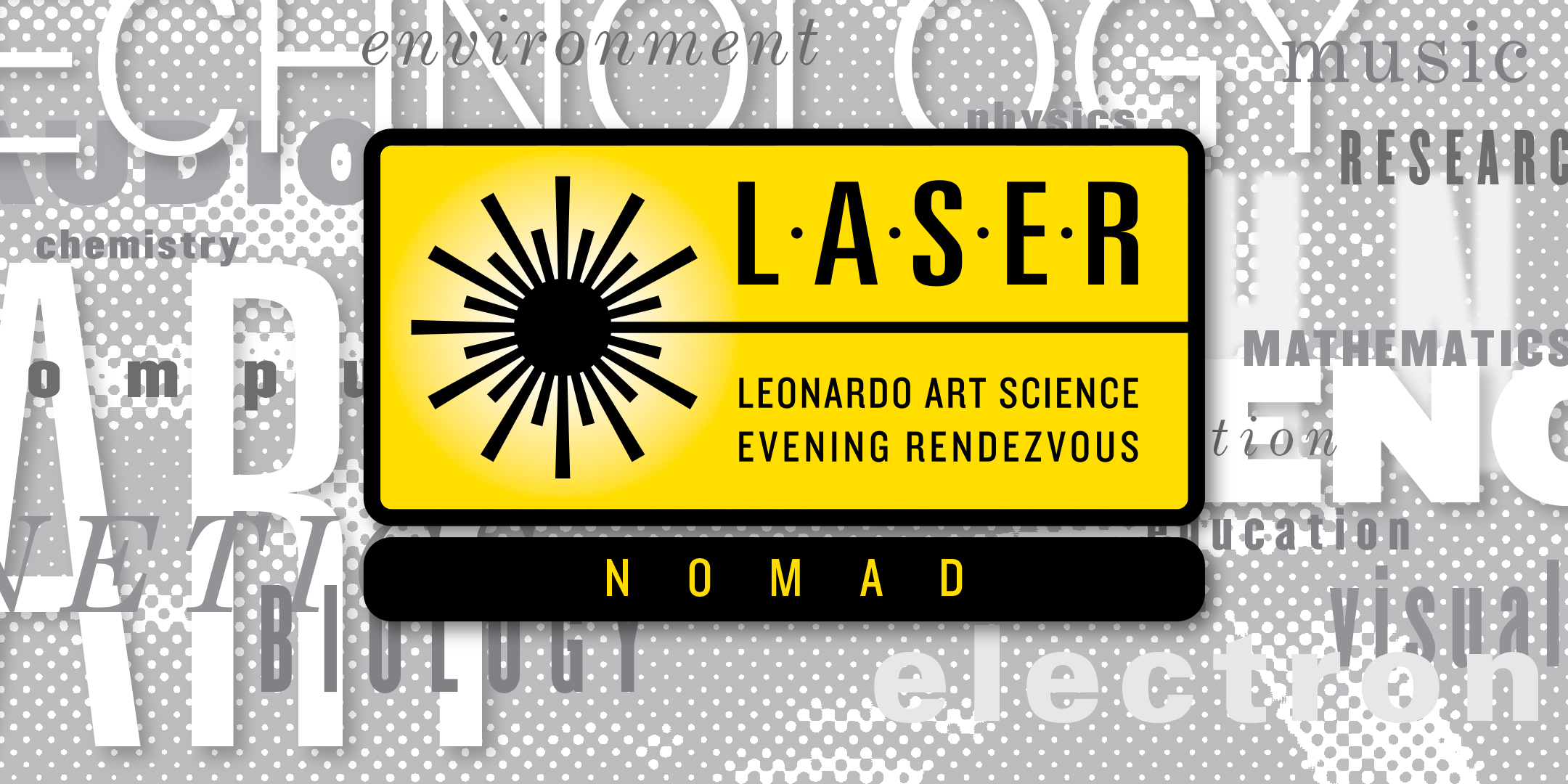
SPONSORS:

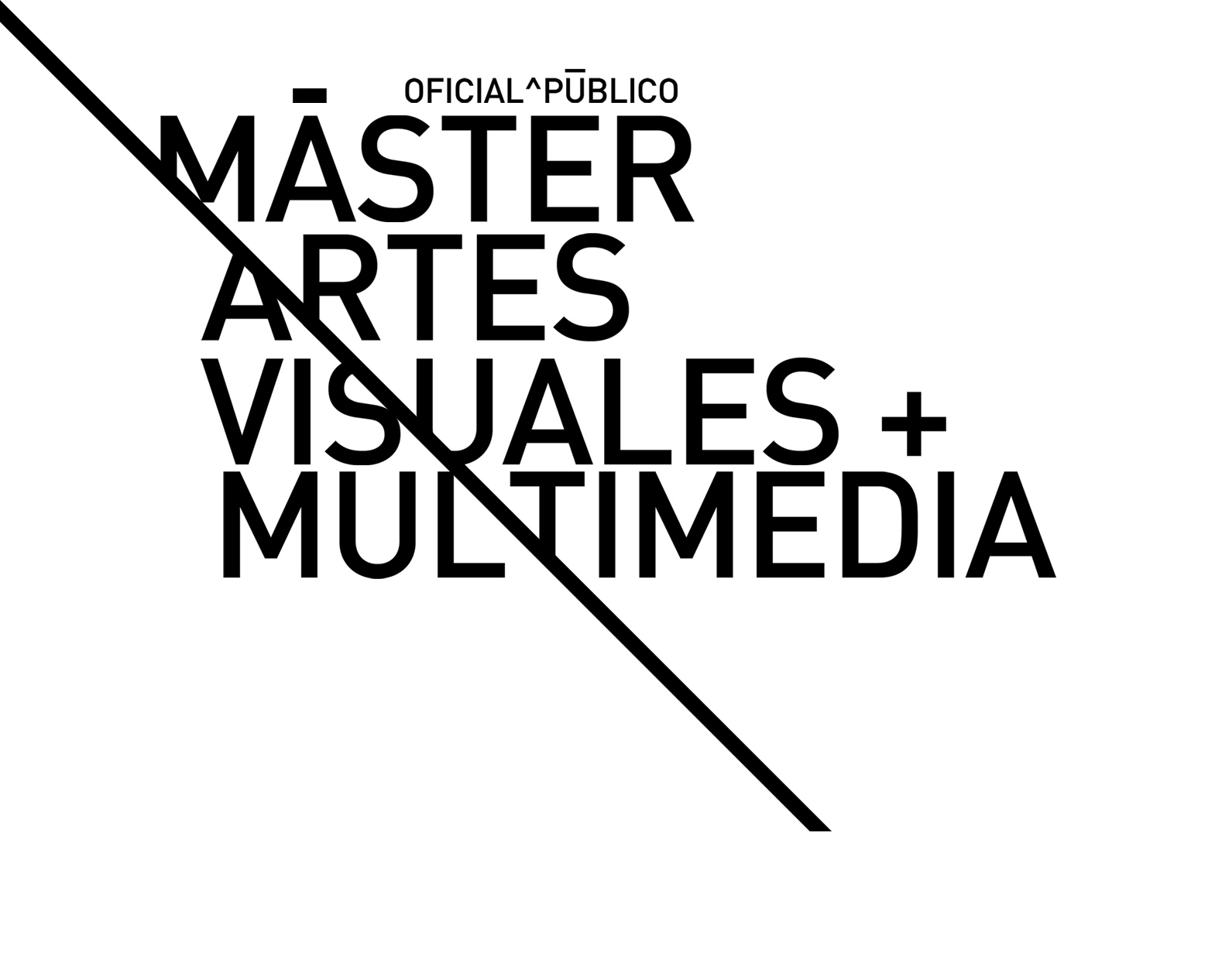

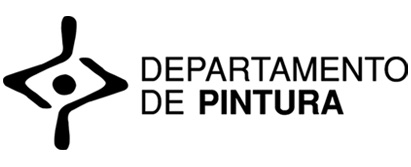
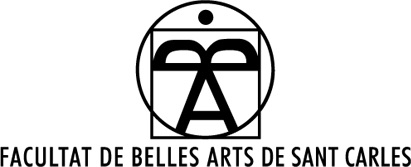
http://www.upv.es http://www.artesvisualesymultimedia.com http://www.upv.es/entidades/BBAA/index.html)

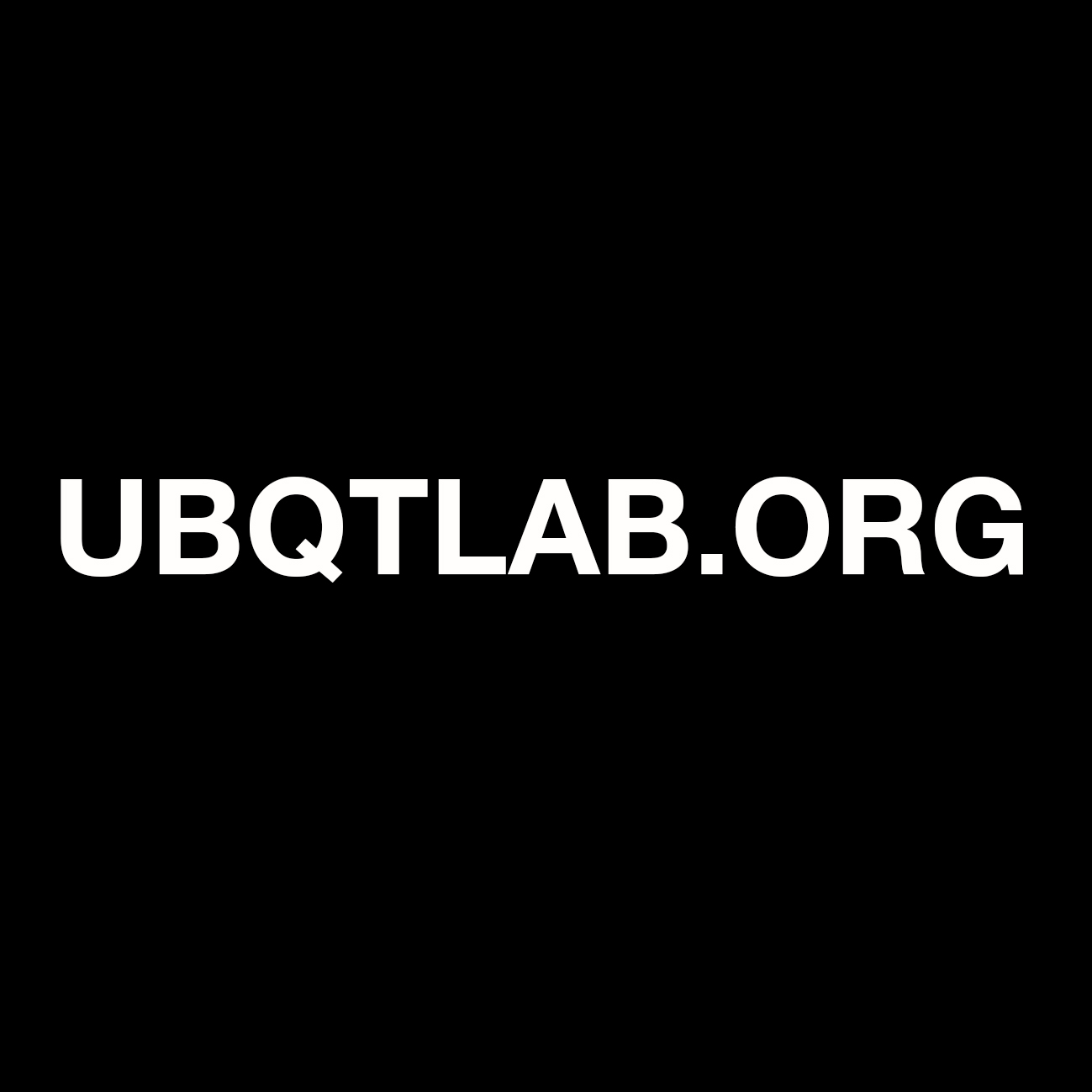
![]()
The Leonardo/ISAST LASERs are a program of international gatherings that bring artists, scientists, humanists and technologists together for informal presentations, performances and conversations with the wider public. The mission of the LASERs is to encourage contribution to the cultural environment of a region by fostering interdisciplinary dialogue and opportunities for community building to over 40 cities around the world. To learn more about how our LASER Hosts and to visit a LASER near you please visit our website. @lasertalks
Faculty of Fine Arts / aula B-0-2
Universitat Politécnica de València
València, V 46022-E
Spain


